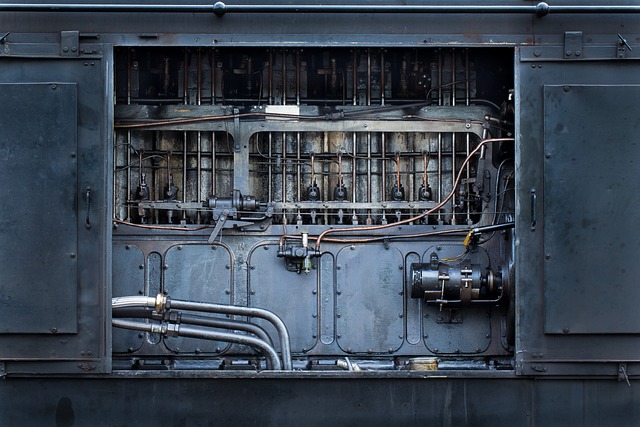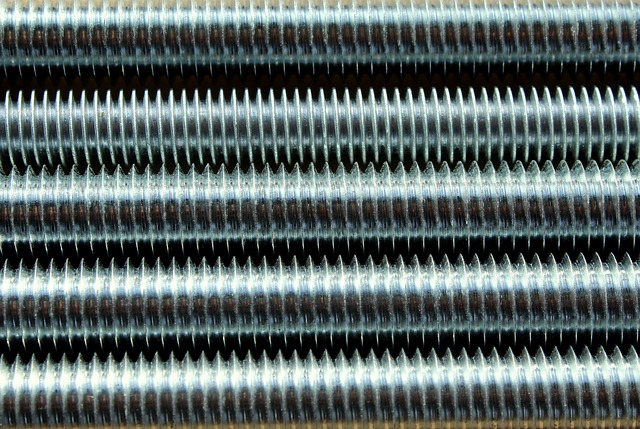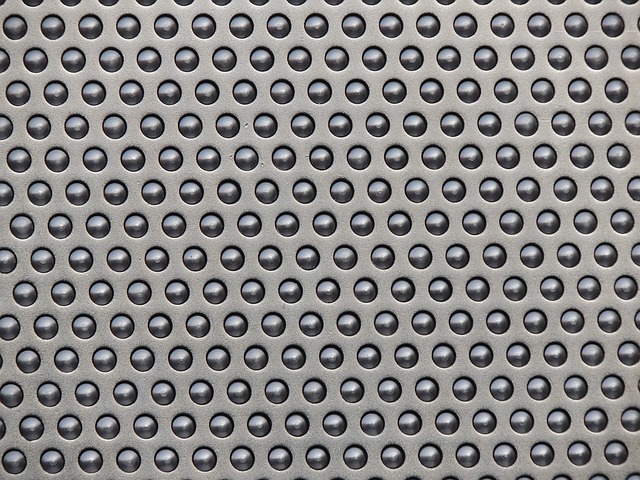Metal enhancements significantly improve residential property durability and longevity, offering superior resistance to environmental factors, including harsh weather conditions. Stainless steel and aluminum alloys are highlighted for their anti-corrosion properties and ability to maintain structural integrity across various climates. These metals not only offer bespoke designs that blend functionality with visual appeal but also support eco-conscious living through recyclability and energy efficiency, making them a sustainable choice for homeowners. Metal's integration into residential construction provides long-term cost savings due to its minimal maintenance requirements and resistance to decay, deformation, and pests. Its design versatility caters to both contemporary and personalized tastes in aesthetics and functional needs. When selecting metal for residential projects, it's crucial to consider material selection, thickness, finish, environmental factors, and fabrication precision to ensure lasting performance and visual appeal. Stainless steel is particularly favored for its resistance to rust and staining, suitability for both indoor and outdoor applications, and availability in various gauges to withstand different climates. The choice of metal should be informed by location-specific environmental conditions to maximize corrosion resistance and structural longevity. Engaging with reputable metal fabricators who prioritize customization and quality assurance is essential for a safe and enduring addition to your home, focusing on durability in every aspect of the project.
Exploring the integration of durable metal fabrications in residential projects reveals a robust and long-lasting construction solution. This article delves into the advantages of metal in home structures, showcasing its resilience and versatility. From the benefits of metal’s durability to the various types that can enhance your home’s design and functionality, we examine key considerations for selecting these materials. Homeowners and builders alike will find valuable insights on making informed decisions for sustainable and strong residential constructions.
- Understanding the Role of Durable Metal Fabrications in Residential Construction
- The Benefits of Choosing Metal for Home Structures
- Types of Durable Metal Fabrications Suitable for Residential Use
- Factors to Consider When Opting for Metal Fabrications for Your Home
Understanding the Role of Durable Metal Fabrications in Residential Construction

In residential construction, durable metal fabrications play a pivotal role in crafting structures that stand the test of time. These materials offer unparalleled strength and resistance to environmental factors, ensuring longevity and minimal maintenance for homeowners. For instance, metal roofing systems can withstand harsh weather conditions, providing safety and durability for years to come. Moreover, the adaptability of metals allows for custom designs that blend functionality with aesthetic appeal, catering to diverse architectural visions and client preferences. The selection of appropriate metals, such as stainless steel or aluminum alloys, is crucial for resisting corrosion and maintaining structural integrity in various climates and environments. Homeowners opting for metal fabrications benefit from the sustainability aspect, as these materials are often recyclable and energy-efficient, contributing positively to the eco-friendliness of their homes.
The Benefits of Choosing Metal for Home Structures

Metal fabrications offer a multitude of advantages for residential structures, surpassing traditional materials in longevity and durability. For instance, metals like stainless steel and aluminum are resistant to corrosion and environmental factors, ensuring a long-lasting performance that wood or plastic cannot match. Additionally, metal structures are exceptionally low maintenance; they do not rot, warp, or succumb to insect infestations, which translates to significant cost savings over time. The robustness of these materials is further accentuated by their adaptability in design, allowing for sleek modern aesthetics as well as customizations that fit the unique needs and styles of any home. Furthermore, metals are highly sustainable, with many being 100% recyclable, thereby minimizing waste and environmental impact, a crucial aspect for environmentally conscious consumers. The choice of metal for residential projects signifies an investment in quality, longevity, and eco-friendly construction, making it an excellent option for homeowners looking for durable, efficient, and stylish solutions.
Types of Durable Metal Fabrications Suitable for Residential Use

When integrating durable metal fabrications into residential projects, homeowners and builders often consider metals like stainless steel and aluminum due to their strength and longevity. Stainless steel, with its robust construction and resistance to rust and corrosion, is particularly well-suited for outdoor applications such as railings, gutters, and outdoor furniture. It offers a sleek, modern look that complements various architectural styles while ensuring durability against the elements. Aluminum, another lightweight yet resilient option, is ideal for a range of uses including window frames, siding, and roofing materials, where its low maintenance properties and resistance to oxidation make it a preferred choice. Both metals are readily available in different finishes and can be fabricated into custom designs to meet the unique aesthetic and functional needs of residential projects.
In addition to stainless steel and aluminum, copper and galvanized steel also emerge as viable options for residential metal applications. Copper’s natural beauty and ability to develop a patina over time make it an attractive choice for accent pieces or detailed trim work. Its antimicrobial properties are also a significant advantage in high-touch areas within the home. Galvanized steel, on the other hand, offers superior protection against rust through a coating of zinc, making it ideal for structures such as tool sheds and outdoor storage solutions that require both strength and longevity. The choice of metal fabrication not only depends on the intended use but also on factors like local climate conditions and the desired lifespan of the product.
Factors to Consider When Opting for Metal Fabrications for Your Home

When integrating durable metal fabrications into your residential project, it’s crucial to evaluate several key factors to ensure the longevity and functionality of these materials. The choice of metal type is paramount; options like stainless steel, aluminum, and galvanized steel each offer distinct advantages in terms of corrosion resistance, weight, and strength. Stainless steel, for instance, provides exceptional resistance to rust and staining, making it ideal for both indoor and outdoor applications. The thickness of the metal sheets or plates is another critical consideration; thicker gauges generally afford better durability against environmental stressors such as wind, snow, and temperature fluctuations. Additionally, the finish of the metal should be chosen carefully to align with both the aesthetic goals of your project and the practical demands of its intended use, whether that’s a sleek, modern look or a rugged, industrial style.
Furthermore, the environmental conditions of the residence’s location play a significant role in selecting the right metal fabrications. Climates prone to high humidity or salty air necessitate materials with higher corrosion resistance. The design and construction quality are also non-negotiable; meticulous attention to detail in welding, cutting, and finishing can significantly impact the integrity and longevity of the metal structures. Working with reputable metal fabricators who prioritize customization and quality control will help ensure that your residential project’s needs are met with precision and durability, ultimately providing a safe and long-lasting addition to your home.
In conclusion, durable metal fabrications offer a versatile and enduring solution for residential projects. Their benefits—such as longevity, low maintenance, and adaptability to various designs—make them an excellent choice for homeowners seeking quality and sustainability. Whether considering roofing, siding, or structural components, the range of metal options available ensures that any residential construction can incorporate these advantageous materials. When integrating metal into your home, careful consideration of factors like local climate, installation practices, and material finish will further enhance their performance and aesthetics. Embracing metal in residential design not only elevates the longevity and strength of homes but also promotes a responsible approach to construction that respects both the environment and the homeowner’s investment.
